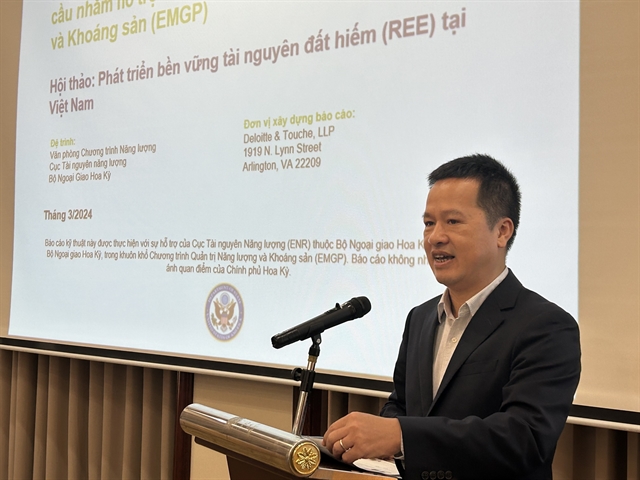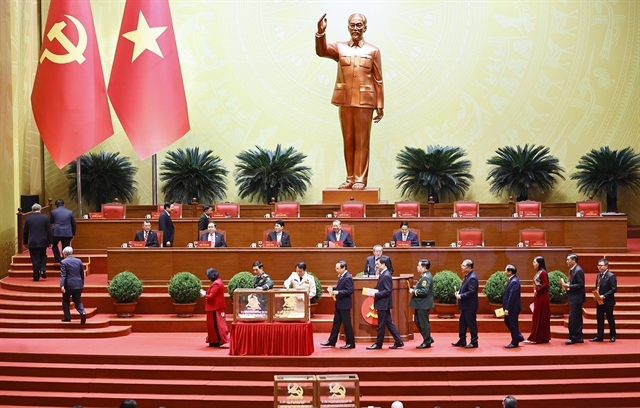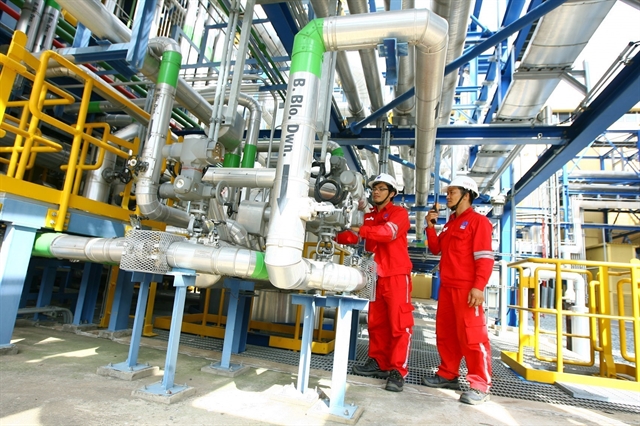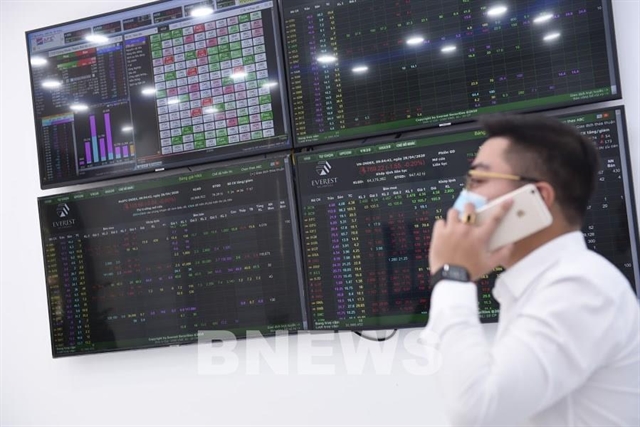 Environment
Environment

 |
| Lê Quốc Hùng, deputy director of the Việt Nam Geological Department, at a technical training workshop on geological economics and methods of valuing mineral resource reserves on Thursday in Hà Nội.—VNA/VNS Photo Diệu Thúy |
HÀ NỘI — Acquiring knowledge on rare earths and learning international approaches when integrating rare earths into the global supply chain would enhance the overall capacity of the mining sector, enabling Việt Nam's rare earth industry to develop in line with its mining potential.
Lê Quốc Hùng, deputy director of the Việt Nam Geological Department, made the statement at a technical training workshop on geological economics and methods of valuing mineral resource reserves.
The technical workshop and a seminar on "Sustainable Development of Rare Earth Resources in Việt Nam" were jointly organised by the Việt Nam Geological Department and the United States’ Bureau of Energy Resources on Thursday in Hà Nội.
These events aim to implement the Memorandum of Understanding (MOU) between the Việt Nam Geological Department and the United States’ Bureau of Energy Resources.
Hùng said that it was estimated that Việt Nam had around 60 types of minerals across more than 5,000 mines and extraction points, possessing the second-largest reserves of rare earth elements globally.
He also said that the global demand for renewable energy was increasing, while the rare earth sector failed to meet the demands due to limited suppliers.
Thus, the training workshop presented an opportunity for Việt Nam's mining officials to gain knowledge on rare earths, and learn from international approaches and methods when integrating rare earths into the global supply chain.
Sharing insights into the prospects of the rare earth market, David Bird, a mining valuation expert from Deloitte's mining consulting group in the United States, said that the demand for rare earths was expected to significantly expand in the coming decade due to the increasing use of rare earth permanent magnets (REPM) in electric vehicles, wind turbines, and for other purposes.
This, particularly, would drive strong demand for rare earth elements such as neodymium REO and magnetic praseodymium.
The training workshop focused on three main components: understanding the market (introduction to the rare earth supply chain and discussing market development options); understanding the value of resources (overview of economic geology, resource reporting and asset valuation methods); and enhancing economic value from natural resources (overview of ownership rights and financial policies).
During the workshop, delegates also discussed on global rare earth reserves, assessed environmental impacts of rare earth mining, and proposed solutions such as investing in rare earth processing technology, prioritising environmentally-friendly technologies, maintaining stable investment policies such as tax policies, and establishing transparent project implementation processes. — VNS




